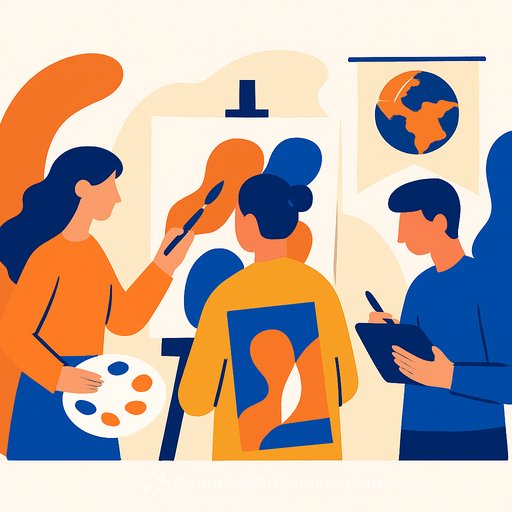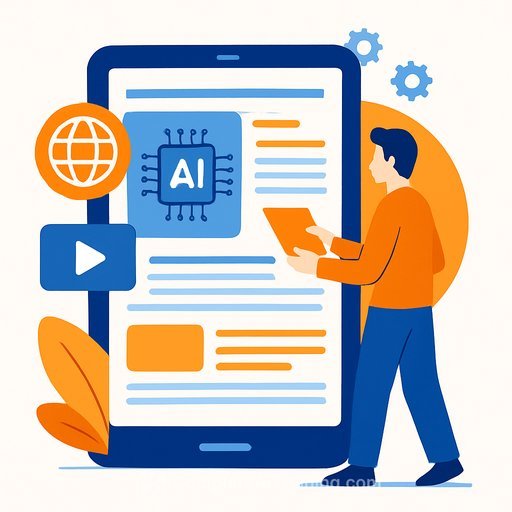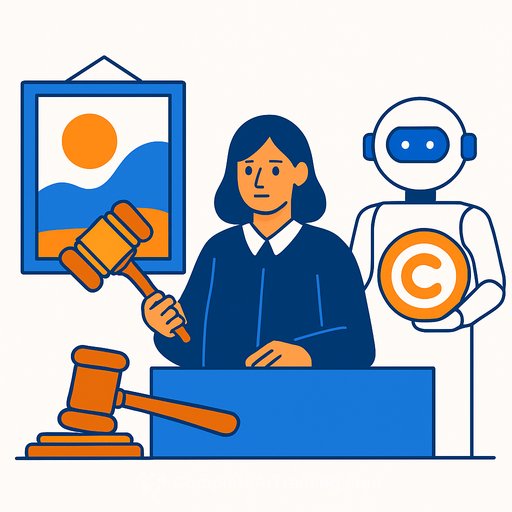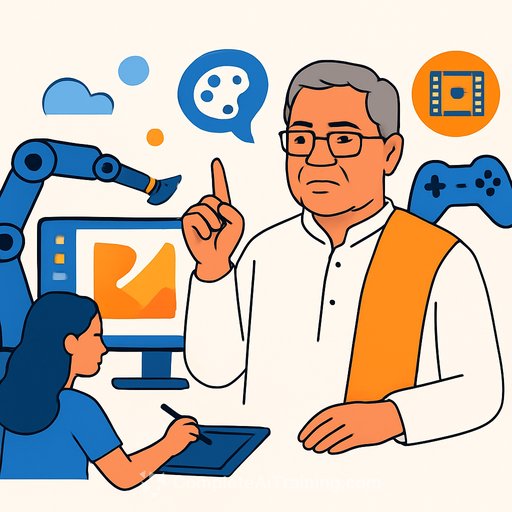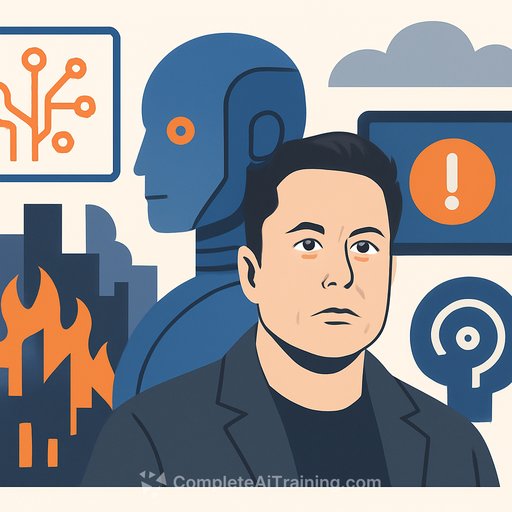"Art does not need AI," say global artists at World Culture Festival Karachi
The 15th day of the World Culture Festival 2025 in Karachi put a hard question on the table: where does AI fit in art-if at all? An open-mic session titled "Creative Freedom in Art" gathered artists from Argentina, Hong Kong, Iran, Kenya, Malaysia, Croatia, France, Thailand, and Pakistan, moderated by Pakistani musician Ahsan Bari.
The consensus in the room was blunt. Many artists argued AI undermines the human process and replaces the struggle that gives work its soul.
The debate: creative freedom vs. AI
Argentine musician Diana Baroni pointed to the shift to online learning and growing dependence on machines. "We are slowly dying. We must unite to outsmart AI and bring discipline to change the world."
Kenyan guitarist Komora didn't mince words: "What takes us eight months to create, AI produces in eight seconds. Art does not need AI, and whoever relies on AI is not an artist." Kenyan singer Liboi added that AI is affecting artists just as it affects everyone else-eroding the value of lived experience.
Croatian choreographer Dr Tina warned that AI threatens jobs and artistic identity: "I am a choreographer, and I do not take help from AI because it destroys creativity." Malaysian theatre coach Bella Rahim advised artists to trust their hard work: "If AI tells you what you already know, leave it. We must stand united as a community."
Kenyan visual artist Okamar Onesmus noted the drift from books to screens, arguing AI is fine for information-but needs firm comparison against human judgment. From the Kuwaiti group, Palestinian dancer Rawan Sameer Salamah said she's seen work that looks impressive yet lacks real emotion and story. Ahsan Bari closed the session on a high note: the gathering itself is a good sign for humanity's future.
Workshops, screenings, and a dance of resistance
After the open mic, the program moved to French short films, a dance and music workshop, and two theatre productions. Kuwait's LAPA Dance Company led the workshop, joined by Arts Council President Mohammad Ahmed Shah, Dance Academy Director Mani Chao, Jahanzeb Shah, singer Arman Rahim, Palestinian artist Rawan Sameer Salamah, and Croatian choreographer Dr Tina.
Salamah raised the slogan "Free Palestine" and performed the traditional Dabkeh, drawing strong interest in Palestinian culture and its dance of resistance. If you're new to Dabkeh, here's a quick primer from an external source: What is Dabkeh?
Two plays, two mirrors to society
Hojamalo (Sindhi), written by Ayoob Gaad Lateef and directed by Ali Gul Mallah, featured Amjad Gul Soomro, Wahid Raza, Faheem Mughal (Pakhi), Laiba Baloch, and Ali Gul Mallah. The story follows a middle-class man who avoids hard work but craves fame like "Jamali." Pressured by his father, he launches a YouTube channel and puts his wife in songs-triggering a family crisis when her father takes her away.
He attempts suicide, but the community intervenes. The conflict resolves, and people come together to sing "Ho Jamalo," reminding us that social ties can still pull someone back from the edge.
Kuttay (Urdu), directed by Muhammad Ali and featuring Rasheed Ahmed, Zubair Baloch, Mati Mukhtlif, Faisal Khaliq, Ali Raza, Bharat Kumar, and Abdullah Dar, is a sharp socio-political satire. It exposes how power and greed grind down dignity, pushing people to trade values for survival. The message hits close: systems don't just govern-they shape instincts if left unchecked.
What this means for creatives
- Protect your process. The struggle, the revision loops, the "wasted" drafts-that's where your voice forms.
- Draw a line with tools. Use research aids if you want, but keep authorship and core decisions human.
- Build community. Workshops, open mics, and cross-cultural exchanges sharpen standards and resolve.
- Anchor in story and emotion. Technique without lived meaning reads hollow-audiences feel the difference.
- If you choose to learn AI to set boundaries and stay informed, explore focused resources: AI courses by job.
Whether you agree or disagree with the stance that "art does not need AI," the takeaway is clear: recommit to the craft, the community, and the emotion only humans can bring. That's the edge that lasts.
Your membership also unlocks:

